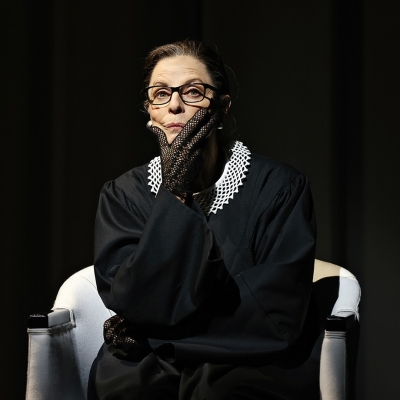Gabriella Edelstein
Shakespeare’s Julius Caesar, first performed in 1599, is deeply interested in the difference between sleeping and wakefulness, if sleeping is equivalent to wilful ignorance and being awake means political consciousness. Characters throughout the play can’t sleep, won’t sleep, sleep on stage, are roused from sleep; they dream, and their eyes open and close, put to an eternal sleep. Before officially joining the conspiracy to murder Caesar in the Capitol, the play’s hero Brutus receives three letters from the conspirators Cassius and Casca entreating him to open his eyes to Caesar’s tyrannical aims: ‘Brutus, thou sleep’st; awake’. Once awake, it is his duty to ‘Speak, strike, redress’. The play’s language of sleep is strikingly similar to twenty-first century discourses of wakefulness – whether a woke sensitivity to issues of social justice, or the rioters at the United States Capitol shouting, ‘Wake up to the steal!’
... (read more)


